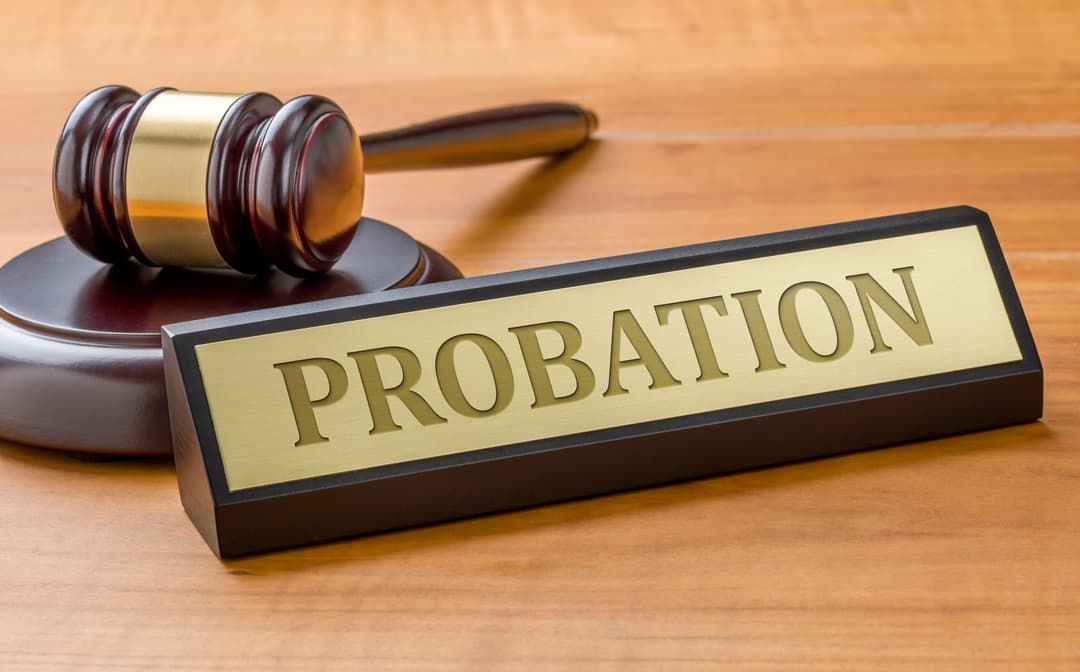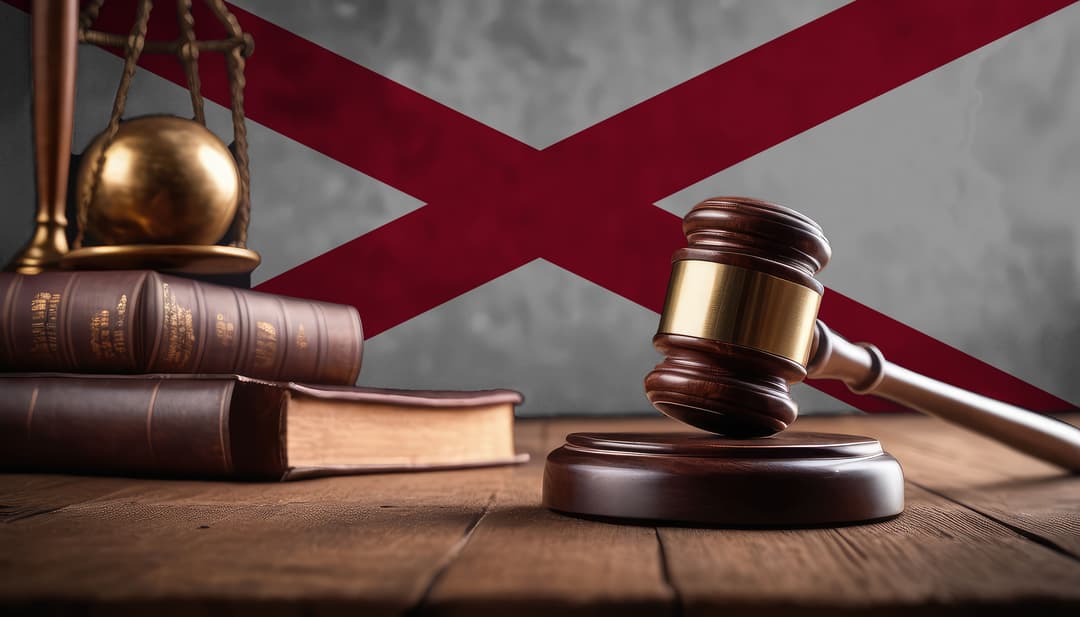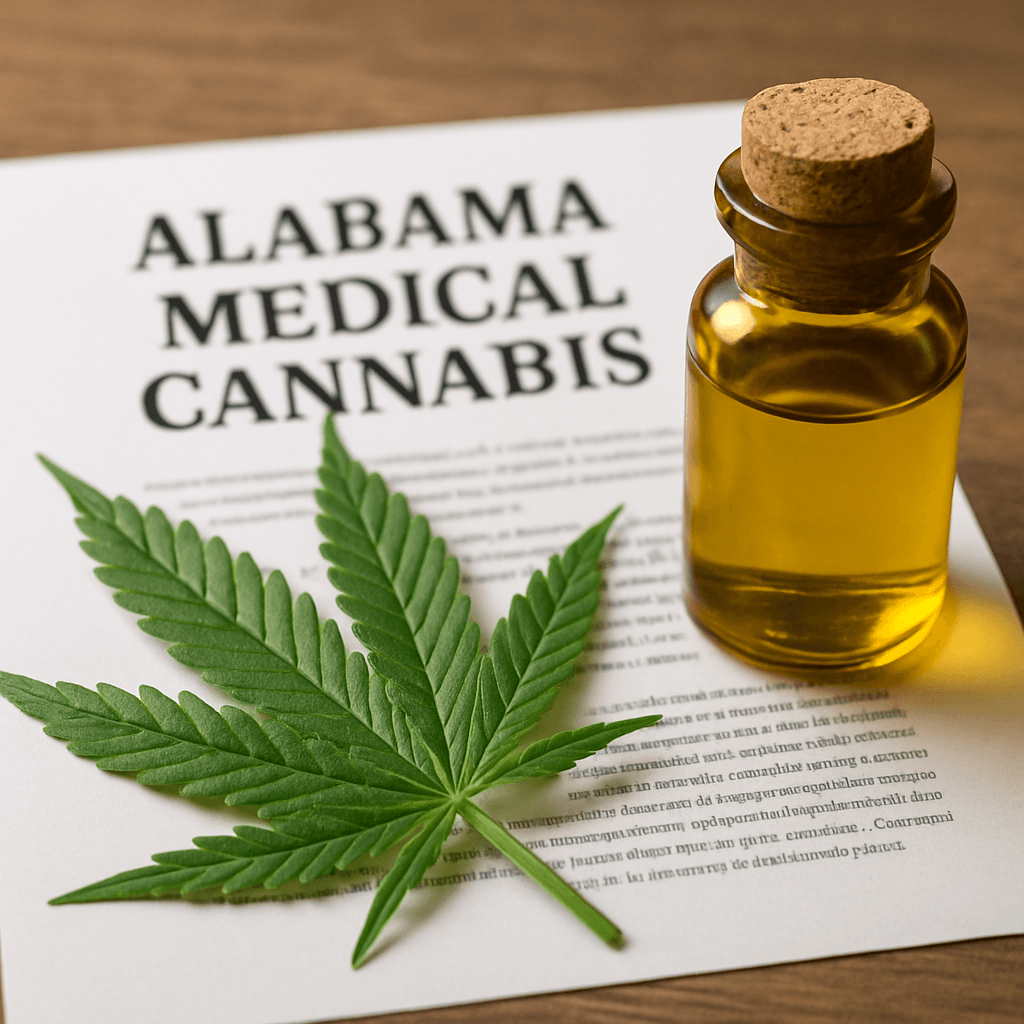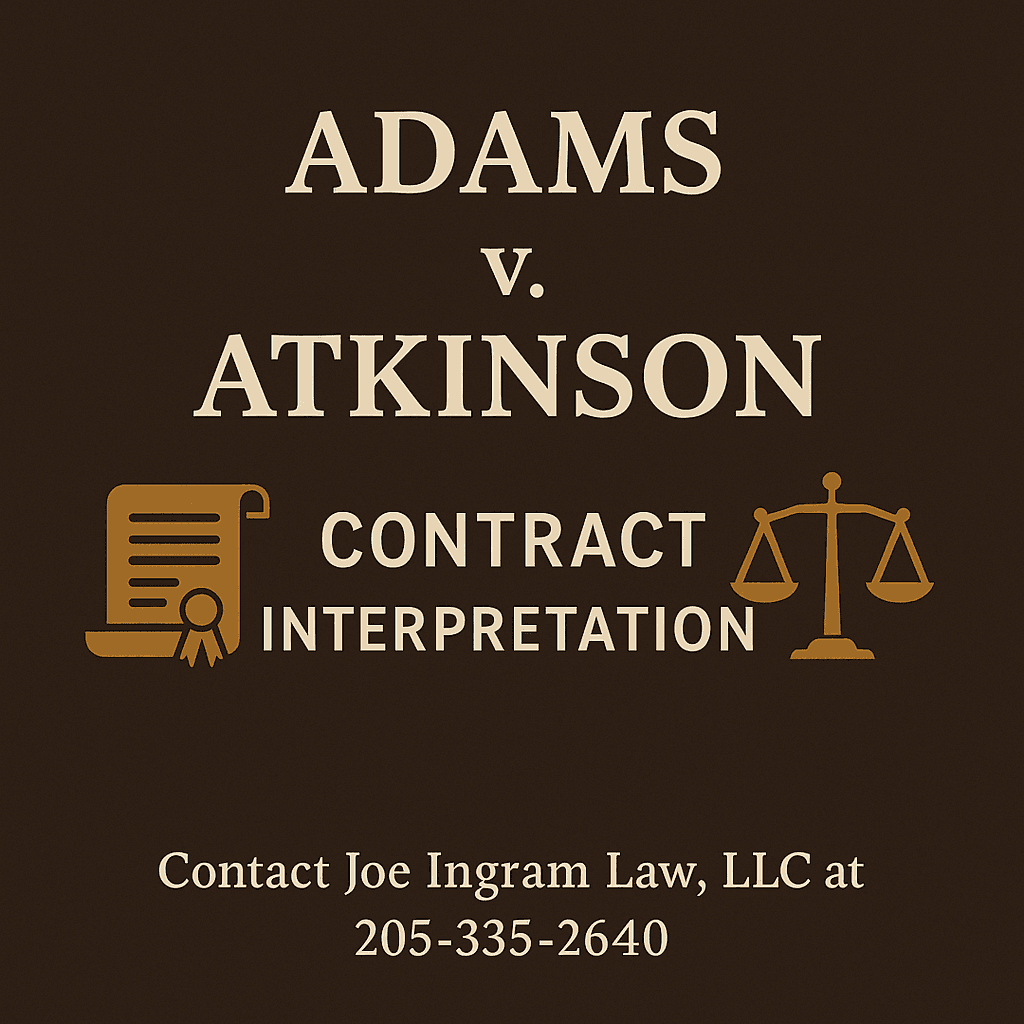
Federal law classifies drugs by “schedules,” defined in 21 U.S.C. §812. The statute establishes five schedules, which categorize different substances and their treatment under federal law. Schedule I includes drugs or other substances with no currently accepted medical use and a high potential for abuse, with a lack of accepted safety for the use of such drugs. This definition encompasses 42 different opiates, 22 opium derivatives, 28 hallucinogenic substances, and substances containing cannabimimetic agents.
Schedule II includes drugs with accepted medical use subject to sever restrictions, with a high potential for abuse leading to psychological or physical dependency. Schedule II encompasses any remaining opiates or opium derivatives not included in Schedule I, 21 additional specified opiates, and injectable liquid containing methamphetamine.
Schedule III encompasses drugs with an accepted medical use and a lower potential for abuse, but with a risk of moderate or low physical dependance or high psychological dependence if abused. Schedule III includes amphetamine, phenmetrazine, methamphetamine in forms other than injectable liquid, methylphenidate, anabolic steroids, 10 types of central nervous system depressants, and certain quantities of narcotics containing codeine, dihydrocodeinone, ethylmorphine, or morphine.
Schedule IV covers drugs and other substances with a low potential for abuse, with accepted medical use leading to limited physical dependency or psychological dependency. Schedule IV contains 11 substances: Barbital; chloral betaine; chloral hydrate; ethchlorvynol; ethinamate; methohexital; meprobamate; methylphenobarbital; paraldehyde; petrichloral; and phenobarbital.
Schedule V drugs and substances have the lowest potential for abuse and can lead to limited physical and psychological dependency. These substances have accepted medical use in treatment. Schedule V includes substances containing small amounts of codeine, dihydrocodeinone, ethylmorphine, diphenoxylate, or opium.
21 U.S.C. §841 prohibits the manufacture, distribution, distribution, or possession with intent to manufacture, distribute, or dispense a controlled or counterfeit substance. The penalty for violating §824 is contingent on the amount and type of the controlled substance, with certain aggravating factors enabling steeper sentences.
The most severe penalties for drug offenses are associated with violations of §841(b)(1)(A). The minimum sentence for violations under §841(b)(1)(A) is 10 years’ imprisonment and increases to 20 years if use of the substance causes death or serious bodily harm, with a maximum sentence of life in prison under either circumstance. The statute also carries financial penalties, with a maximum fine of $10,000,000 for defendants who are individuals and $50,000,000 for defendants who are not individuals, such as corporate entities. When the offender has prior drug felony or violent felony convictions, the minimum sentence rises to 15 years’ imprisonment for one prior offense, and 25 years’ imprisonment for multiple prior offenses. Following the prison sentence, offenders are subject to a minimum of 5 years’ supervised release, which doubles to a minimum of 10 years for offenders with prior violent felony or drug felony convictions. Offenders are ineligible for parole under §841(b)(1)(A).
§841(b)(1)(A) covers eight different substances in particular amounts. The aforementioned penalties apply to any violation of §824 broadly that involves 1 kilogram or more of heroin, or a mixture containing heroin; 5 kilograms or more of coca leaves, cocaine, ecgonine, or a mixture containing any combination of the three substances; 280 grams or more of a mixture containing a cocaine base; 100 grams or more of phencyclidine (PCP) or 1 kilogram or more of a mixture containing PCP; 10 grams or more of a mixture containing lysergic acid diethylamide (LSD); 1000 kilograms or more of a mixture containing marijuana, or 1,000 or more marijuana plants; 50 grams or more of methamphetamine or 500 grams or more of a mixture containing methamphetamine; and 400 grams or more of a mixture containing of N-phenyl-N-[1-(2-phenylethyl)-4-piperidinyl] propanamide or 100 grams or more of a mixture containing any analogue of N-phenyl-N-[1-(2-phenylethyl)-4-piperidinyl] propenamide.
§841(b)(2)(B) imposes less severe penalties, covering drug offenses punishable by between 5 and 40 years’ imprisonment, although in cases where the substance causes death or serious injury, the sentence increases, with the offender receiving 20 years to life. Individual defendants under this provision may face fines of up to $5,000,000, with non-individual defendants subject to fines of up to $25,000,000. The fine increases when defendants have at least one prior conviction for a violent felony or drug felony. After a prior conviction, the minimum sentence also increases to 10 years’ imprisonment, with a maximum sentence of life in prison. Offenders of §841(b)(2)(B) are similarly ineligible for parole and face a minimum of 4 years’ supervised relief following the prison sentence, which doubles for offenders with prior drug felony or violent felony convictions.
§841(b)(2)(B) encompasses the same list of substances as §841(b)(2)(A), but in smaller amounts. An offender violates §841(b)(2)(B) when the offense involves 100 grams or more of heroin; 500 grams or more of coca leaves, cocaine, ecgonine, or a mixture of any combination of the three; 28 grams or more of a mixture with a cocaine base; 10 grams or more of PCP or 100 grams or more of a mixture containing PCP; 1 gram or more of a mixture containing LSD; 100 kilograms or more of marijuana or 100 or more marijuana plants; 5 grams or more of methamphetamine, or 50 grams or more of a mixture containing methamphetamine; and 40 grams or more of a mixture containing N-phenyl-N-[1-(2-phenylethyl)-4-piperidinyl] propanamide or 10 grams or more of a mixture containing any analogue of N-phenyl-N-[1-(2-phenylethyl)-4-piperidinyl] propenamide.
§841 also provides penalties for schedules broadly. For offenses involving a schedule I or schedule II controlled substance, gamma hydroxybutyric acid, or 1 gram of flunitrazepam, the associated sentence is up to 20 years in prison, although the sentence increases to a minimum of 20 years if the substance causes death or serious injury. If the offender has a prior conviction for a felony drug offense, the maximum sentence rises to 30 years’ imprisonment, with extends to life in prison if the substance causes death or serious injury. These offenses, covered under §841(C), carry a fine of up to $1,000,000 for an individual defendant or up to $5,000,000 if the defendant is not an individual, which doubles if the substance causes death or serious injury. Anyone convicted under. Anyone convicted under §841(C) is ineligible for parole and faces a minimum of 3 years of supervised release after the term of imprisonment, or a minimum of 6 years of supervised release if the offender had a prior conviction.
Schedule III substances carry a lesser sentence, with a maximum of 10 years’ imprisonment, which rises to 15 years if the substance causes death or serious injury. Fines for a schedule III offense are also lower, with a maximum of $500,000 for an individual defendant and $2,500,000 for a defendant who is not an individual. If the offender has a prior felony drug offense conviction, the maximum fine doubles, and the minimum sentence rises to 20 years’ imprisonment, or 30 years if the substance causes death or serious injury. Following the term of imprisonment, schedule III offenders face 2 years of supervised release, which doubles if the offender has a prior felony drug offense conviction.
Following the same pattern, schedule IV offenses are punished less severely, with a maximum sentence of 5 years’ imprisonment, followed by at least one year of supervised release. If the defendant has a prior felony drug offense, the maximum sentence increases to 10 years in prison, followed by a minimum of two years of supervised release. Schedule IV offenses are also fined, with a maximum of $250,000 for individual defendants and $1,000,000 for defendants other than an individual, which doubles if the offender has a prior conviction. Schedule V offenses are punishable by a maximum of one year in prison, with a maximum of four years’ imprisonment if the offender has a prior conviction. Supervised release is not mandated for schedule V offenses unless the offender has a prior conviction, in which case supervised release may not exceed one year. A violation involving a schedule V substance carries a fine of up to $100,000 for an individual defendant or up to $250,000 if the defendant is not an individual, which doubles if the defendant has a prior conviction.
§841 also has provisions directed specifically at marijuana. The section imposes a maximum term of imprisonment of 5 years when the offense involves less than 50 kilograms of marijuana. Such offenses are punishable by a fine of up to $250,000 for individual defendants and $1,000,000 for defendants who are not individuals. If the offender has a prior felony drug offense conviction, the maximum prison sentence and maximum fine both double. Offenders without a prior conviction face a minimum of 2 years of supervised release following the term of imprisonment, while offenders with at least one prior conviction face a minimum of 4 years of supervised release. Small amounts of marijuana are treated as simple possession under §844, with an associated sentence of up to one year in prison or a minimum fine of $1,000, or both. The sentence increases if the offender has prior offenses under the subchapter but cannot exceed more than 3 years or more than $5,000 in fines.
If you have a Federal Criminal case, a State Criminal case, a Municipal Case or a Family Law case in the Northern District of Alabama, Middle District of Alabama, Southern District of Alabama, or any federal jurisdiction in the Eleventh Circuit, including Alabama, Florida, and Georgia, contact Joe Ingram or Joe Ingram Law, LLC at 205-335-2640. Get Relief * Get Results.


















































